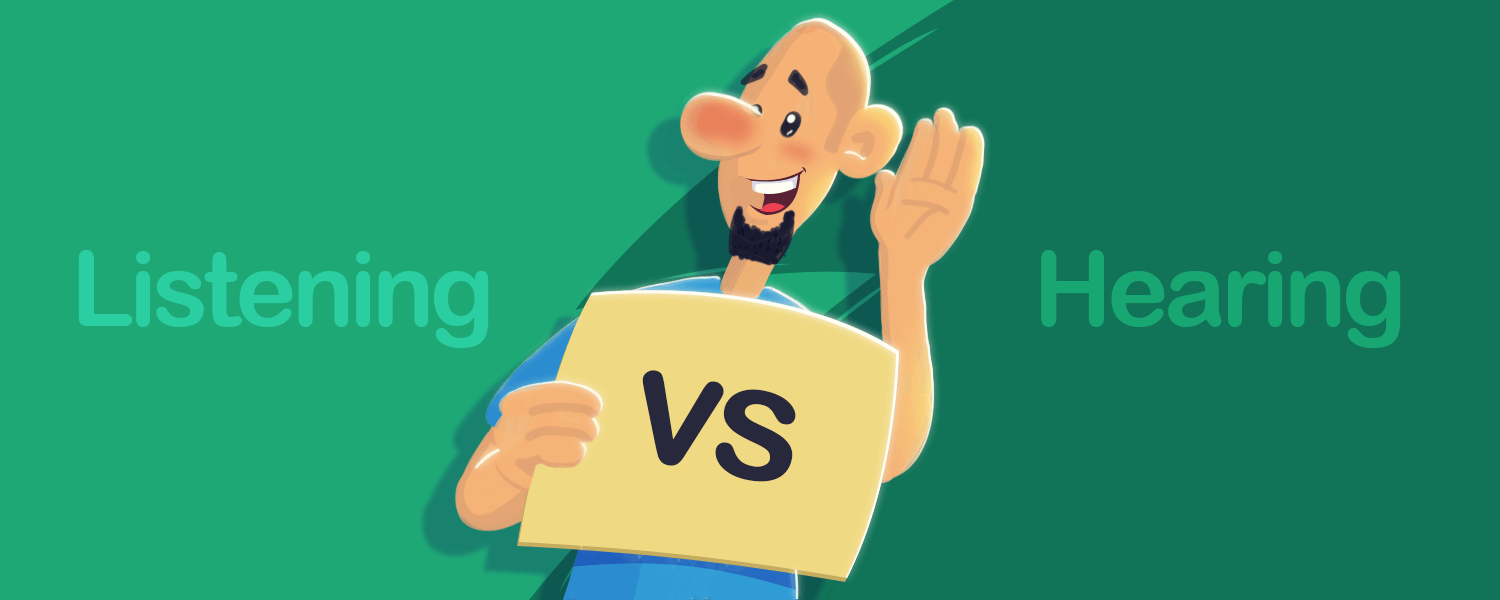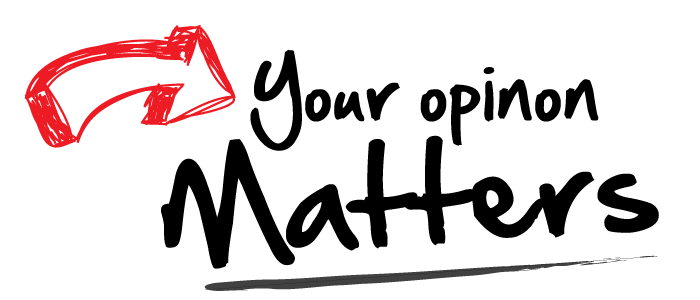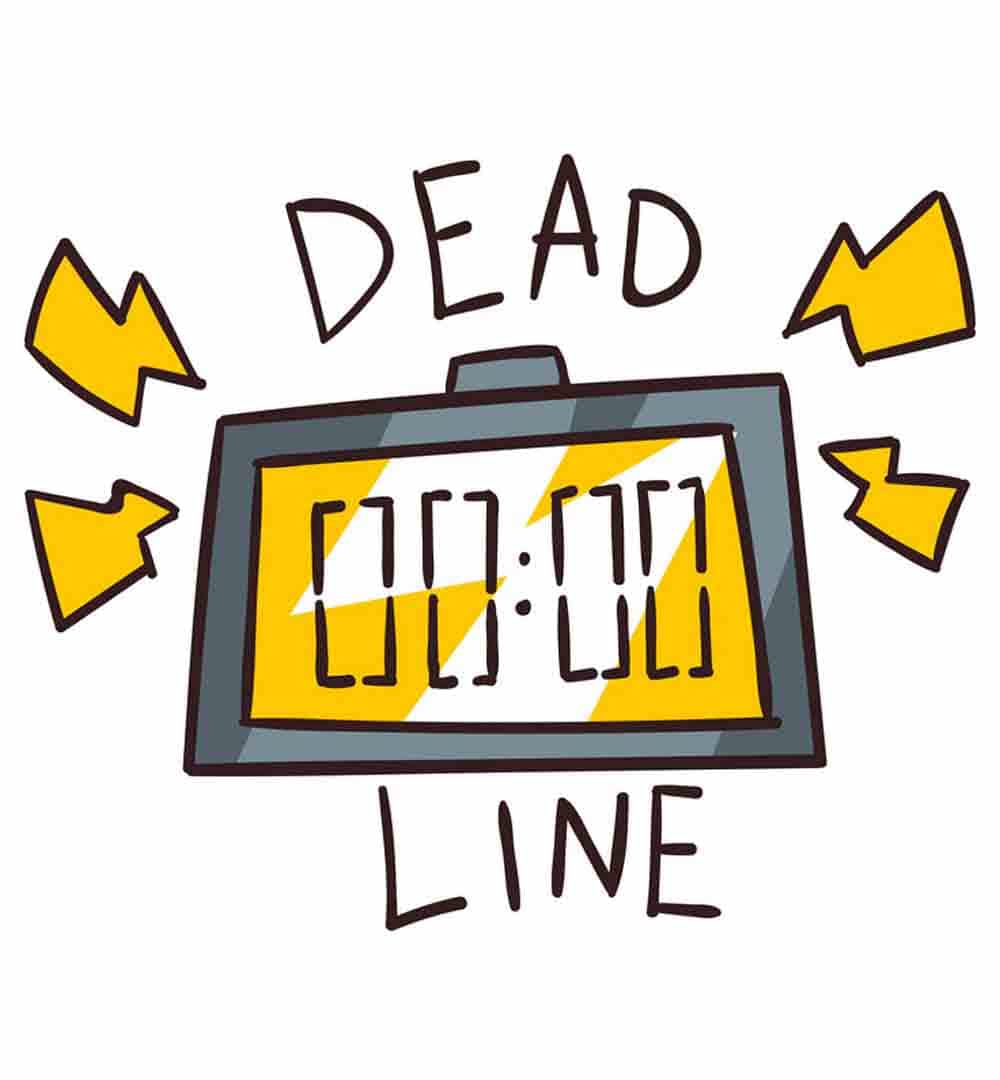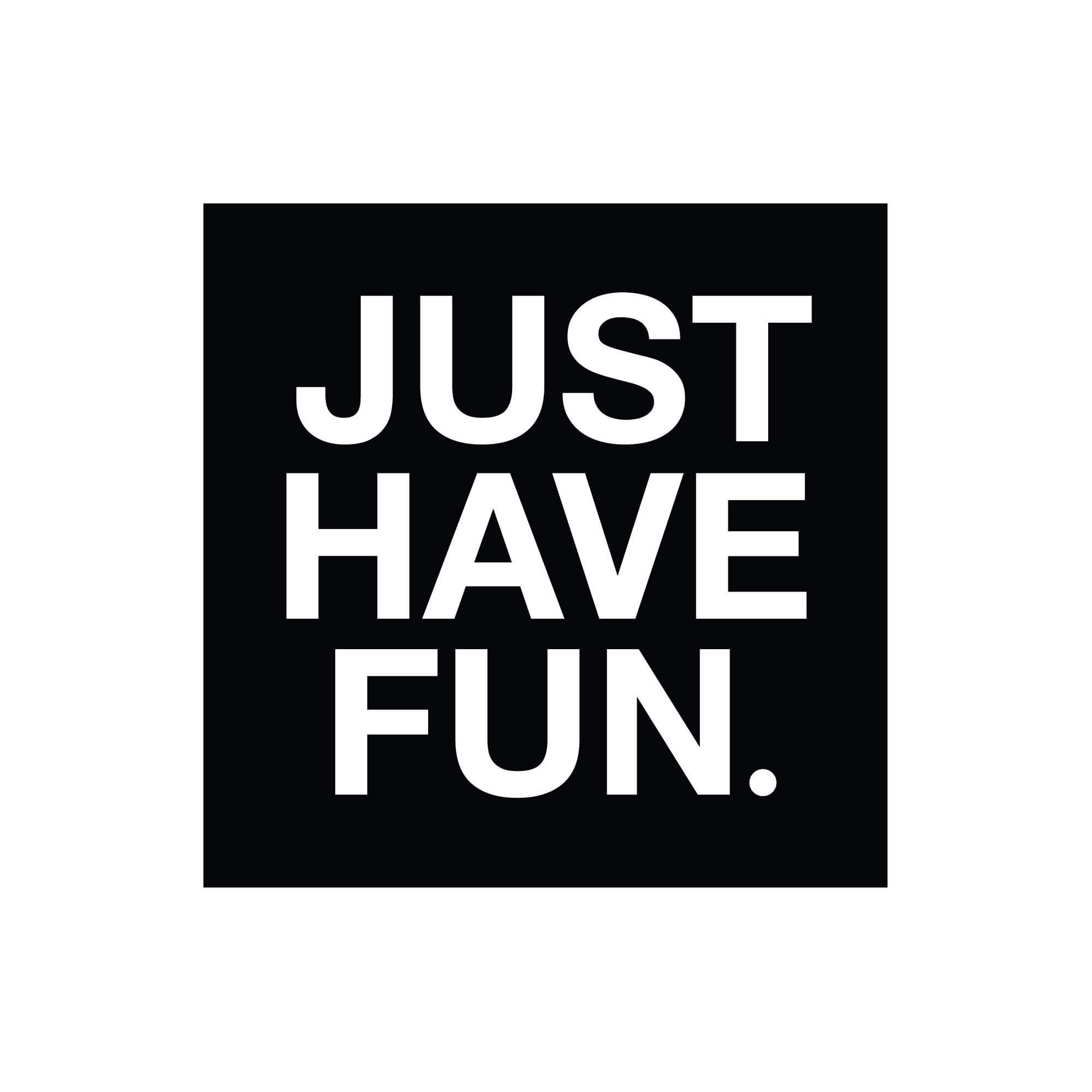-
Nov 20 2018 Art of communication: Never out of fad
“Lunch was amazing!” “Long tiring day, just need to go home.” or “My boss is a killjoy.” We Insta it, we tweet it, we are all about those long rants on Facebook. In short, we are very very social and giving out information liberally on social media, but are we any good at communicating?
NOPE. Communication today looks more like a scene of a car crash!
Communication ‘breaks down’ LITERALLY, when there is a glitch in
1. Channels of communication
WhatsApp is quick but a lot of important information is lost in transit, emails aren’t checked as regularly and a one-on-one isn’t really viable every time.

via whatsapp.net
Crucial information or worse urgent messages are missed and your team is in chaos.
2. Hearing v/s listening
The business world isn’t called a rat race for nothing. Everyone wants to come first, everyone wants their word to be the first word and the last. Many a time (most times actually, but let’s be nice), we hear to speak but we don’t really listen.

via freshdesk.com
Or maybe even don’t hear at all. Bodily we are there but the mind wanders. Conclusion – There is a big GAP in the communicative line.3. Opinions matter…?
And then there is the age-old PROBLEM, of ‘what will people say’. We don’t think too much when we’re behind a screen, posting somewhat anonymously. Yet when you have a problem or an opinion and need to address the same to a peer or a senior, your first thought is how will your opinion be received, will you be judged or dismissed without being given a chance? The fear of embarrassment or humiliation stops us from having ‘an open conversation’ and well, problems occur.

For us as social beings, communication shouldn’t be that big of a deal frankly. It’s a matter of simply streamlining and choosing the right method for the right information.
4. EMAIL & TEXT
Who says you can only choose one method? Make a subject line that says urgent with a line on the important point of the email and simultaneously, drop a text saying ‘Check email pls, ASAP’.

via jobtrain.co.uk
A step extra taken will only start a pattern and a habit that will work in everyone’s favour.
5. Limit Time
Unless you’re talking of giving out bonuses or holidays (or both), people aren’t going to pay attention to much, after a certain time. So keep that meeting, discussion or ‘brainstorming session’ to 15 to 20 minutes. If it’s important and has emergency written all over it, then take a quick break and regroup.

via vectorstock.com
Rather waste the 5 minutes in-between than lose the concentration of all.6. Have fun
‘Why so serious?’ Said every person in every meeting ever! Or at least thought that. Two-way communication, smart anecdotes and relatable stories can keep a conversation engaging. It serves a dual purpose – people aren’t dying for that upcoming break and they remain ‘in’ the conversation, physically AND mentally.

via shopify.com
What seems easier isn’t always that easy, but it doesn’t have to remain the same way either. As music composer, John Powell rightly said, ‘Communication works for those who work at it.”

